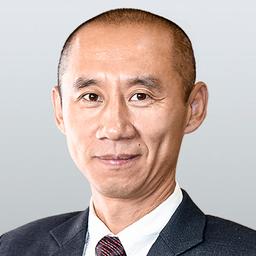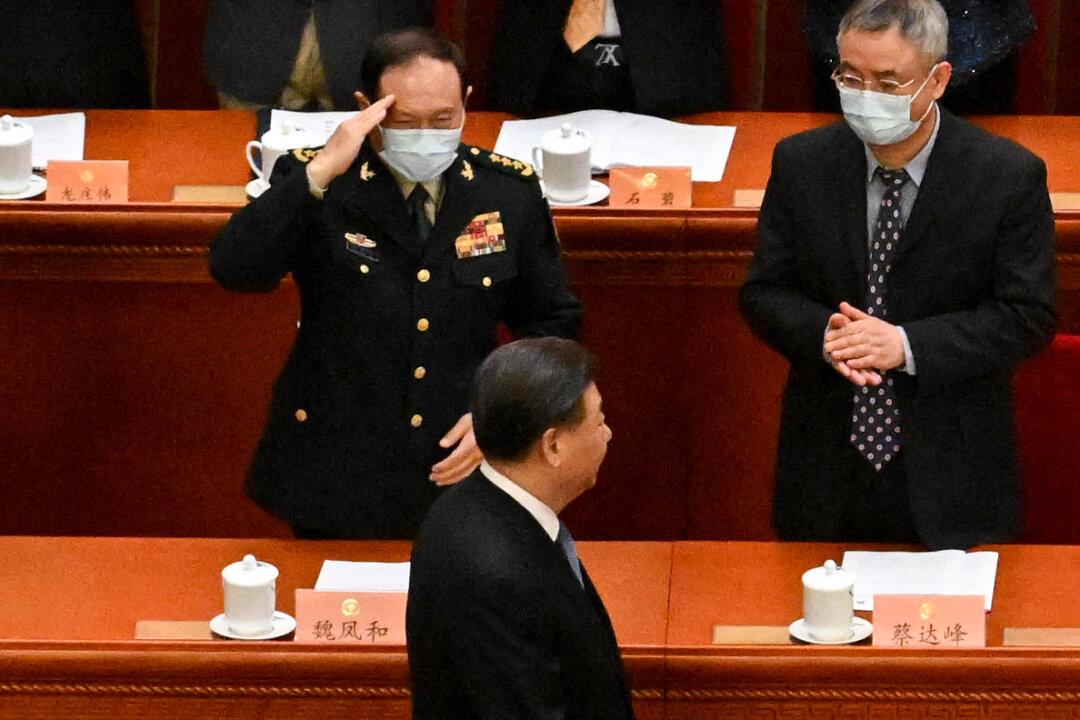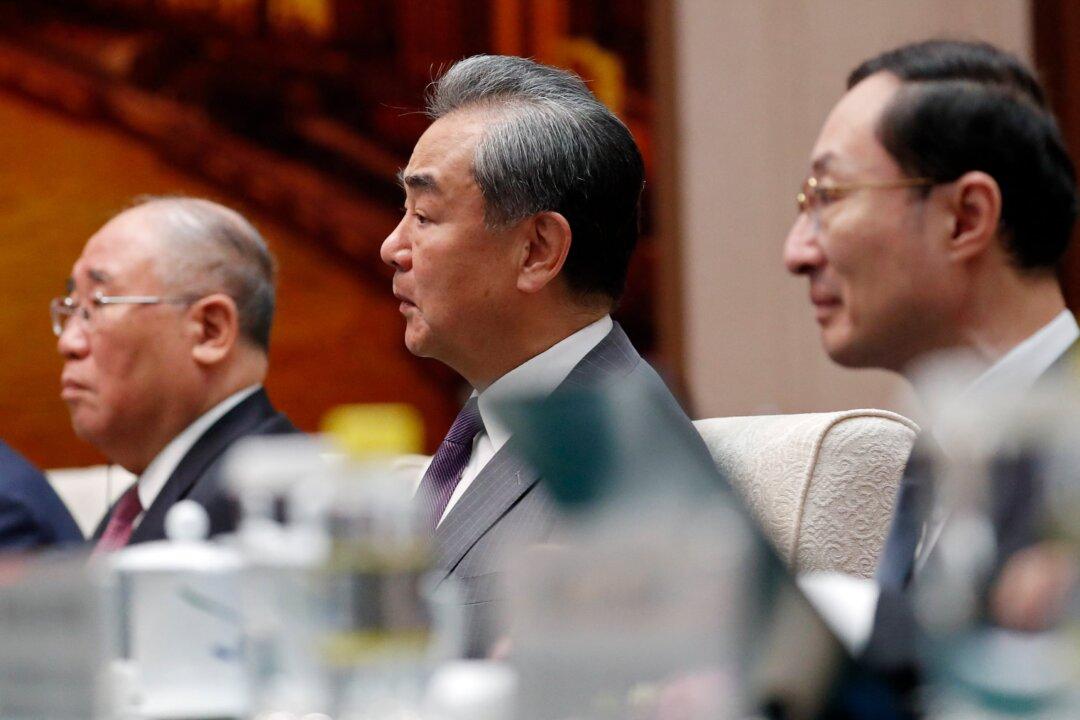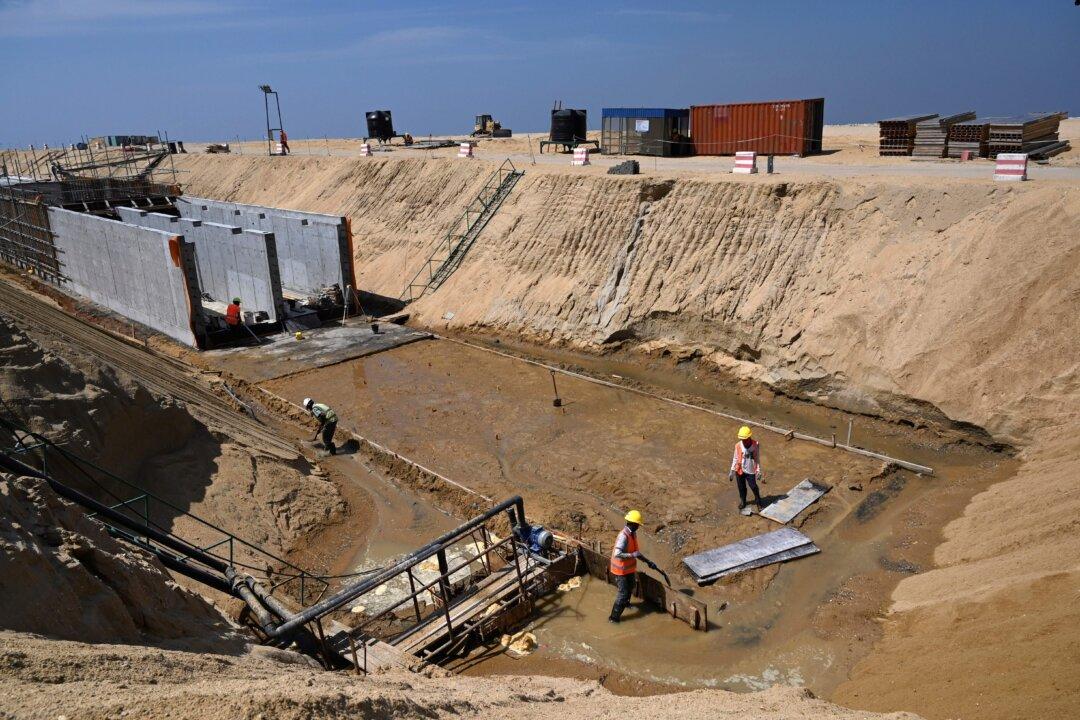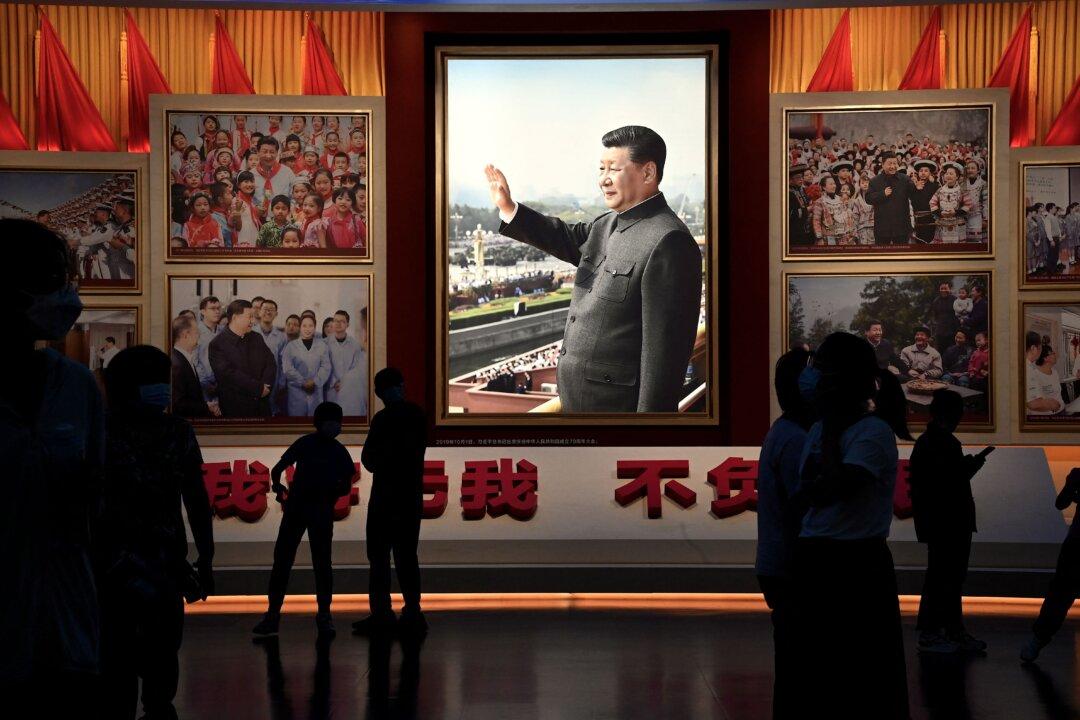Commentary
After the U.S. government issued a stern warning about the Chinese Communist Party’s (CCP) role in the Russia-Ukraine war, the CCP criticized NATO in its domestic propaganda for using Ukraine to fight a proxy war. However, its stance internationally was ambiguous. The CCP adopts different propaganda strategies and focuses when targeting different audiences.

